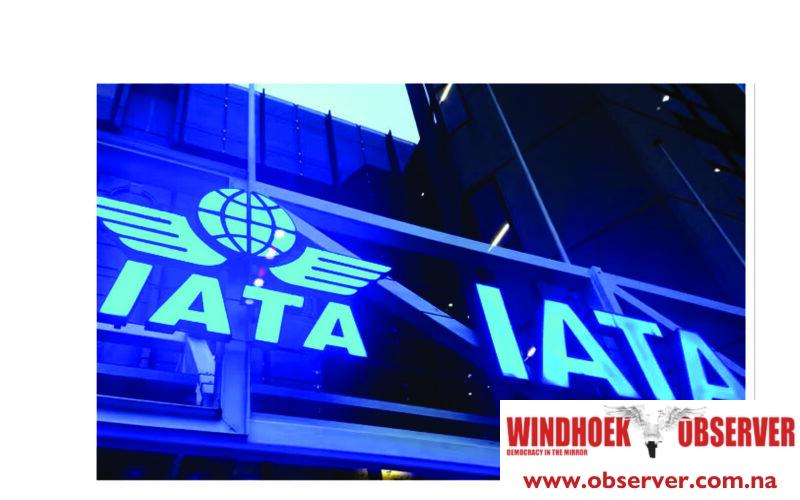Staff Writer
The International Air Transport Association (IATA), in collaboration with management consulting firm Oliver Wyman, has launched a joint study titled Reviving the Commercial Aircraft Supply Chain.
The report examines the ongoing challenges in the aerospace supply chain, their impact on airlines, and strategies to address the global supply-demand imbalance.
Delays in aircraft and parts production are forcing airlines to reconsider their fleet plans and keep older planes in service for longer.
The global commercial aircraft backlog reached a record high of over 17 000 aircraft in 2024, up from an average of 13 000 between 2010 and 2019. The slow production pace is projected to cost the airline industry more than US$11 billion in 2025.
These challenges have also limited airlines’ ability to meet rising passenger demand. In 2024, passenger numbers grew by 10.4%, outpacing capacity expansion of 8.7% and pushing load factors to a record 83.5%. This growth trend is expected to continue into 2025.
The report identifies several causes of the supply chain strain, including geopolitical instability, raw material shortages, tight labour markets, and the structure of the aerospace industry’s economic model.
It calls for stronger collaboration among original equipment manufacturers (OEMs), suppliers, lessors, and airlines to restore balance and strengthen resilience.
“Airlines depend on a reliable supply chain to operate and grow their fleets efficiently. Now we have unprecedented waits for aircraft, engines and parts and unpredictable delivery schedules. Together these have sent costs spiralling by at least US$11 billion for this year and limited the ability of airlines to meet consumer demand. There is no simple solution to resolving this problem, but there are several actions that could provide some relief. To start, opening the aftermarket would help by giving airlines greater choice and access to parts and services. In parallel, greater transparency on the state of the supply chain would give airlines the data they need to plan around blockages while helping OEMs to ease underlying bottlenecks,” said Willie Walsh, IATA’s director general.
The study highlights the need for a coordinated strategy across the aerospace sector. Collaboration among stakeholders is seen as the most effective way to address production and maintenance delays.
“Today’s aircraft fleet is larger, more advanced, and more fuel efficient than ever before,” said Matthew Poitras, Partner in Oliver Wyman’s Transportation and Advanced Industrials practice.
“However, supply chain challenges are impacting airlines and OEMs alike. We see an opportunity to catalyse an improvement in supply chain performance that will benefit everyone, but this will require collective steps to reshape the structure of the aerospace industry and work together on transparency and talent.”
Caption
Willie Walsh
- Photo: Contributed




